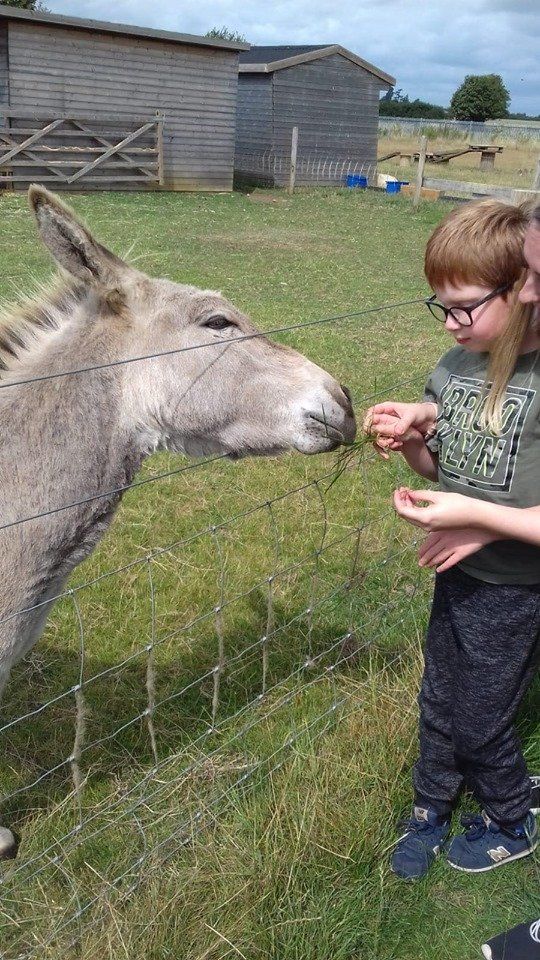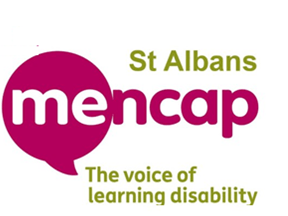Buddying
SNAP Buddying
SNAP Buddying was initially set up to support a child/young person in accessing an activity or club that they may otherwise have difficultly accessing alone. For example, a successful buddy relationship was organised to support with the accessing of an evening's Brownies club. With the support of a SNAP buddy the parent didn't have to attend, and the opportunities were widened for the child.
SNAP Buddying can provide opportunities for disabled children and young people to have enjoyable experiences away from their primary carers, contributing to their social inclusion and personal and social development. This is a flexible, tailor-made service where children up to the age of 19 are carefully matched with people who are trained specifically to care for them. This could take place at a time convenient to you for example, at the weekend, after school, during school holidays.
Buddying can take place in the child or young person’s own home, in the home of an approved carer or at a residential or community setting and at the time of your choosing. The service can be accessed through SBLO hours at the cost of £3.50 per hour or it can be fully self-funded (at a minimum of 2 hours per session). In addition there will be a charge for the travel, and entry expenses of the buddy, if necessary which will be invoiced to the family termly. SNAP aims to be a fully inclusive organisation and is committed to supporting people through financial hardship. We subsidise the cost of our services to those in receipt of Employment Support Allowance.

GET IN TOUCH
Register NOW to express your interest for
SNAP Buddying.
Contact us
Thank you for contacting us about SNAP Holiday Clubs, we will get back to you as soon as possible
Uh oh, there was an error sending your message.
Please try again later
Please try again later
Activities
SNAP Buddying activities are tailored to meet the needs of the individual and can include:
- Childminding for children with mild to moderate disabilities.
- Childminding for children with severe to complex disabilities (including children that need one to one support).
- Support for children with disabilities to access their local communities and/or support to parents/carers in the family home to carry out day to day activities.
- Support to families with more than one disabled child.
- Short targeted breaks to enable a parent/carer to carry out a necessary task.
